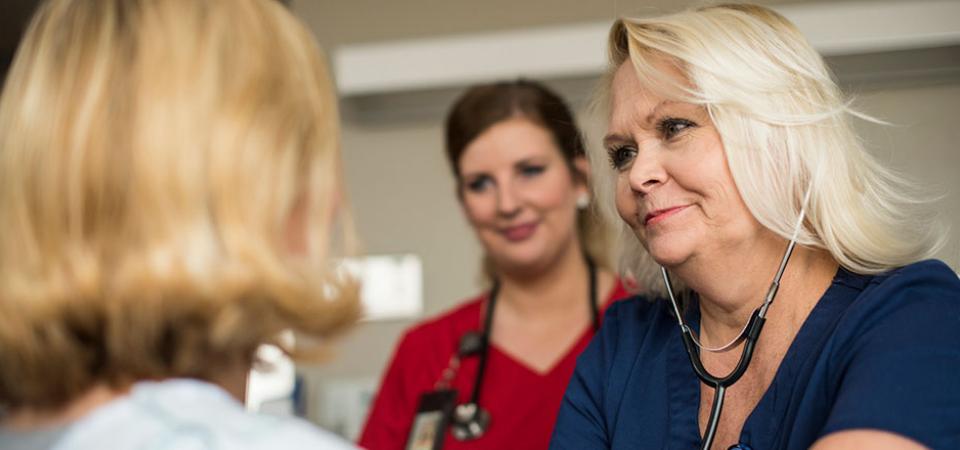Frequent Questions & Important Information
Emergency Department phone number (405) 742-5454 SANE
To contact a SANE program coordinator, email info-sane@stillwater-medical.org.
Click here for to view all SANE programs in Oklahoma.
24-Hour Helpline (405) 624-3020
Sexual assault is defined as any sexual activity involving a person who does not or cannot (due to alcohol, drugs, or some sort of incapacitation) consent. According to the U.S. Department of Health & Human Services, "sexual assault can be verbal, visual, or anything that forces a person to join in unwanted sexual contact or attention." Sexual assault can describe many things, including: • rape, including partner and marital rape • unwanted sexual contact (touching or grabbing) • unwelcome exposure of another's body, exhibitionism, or voyeurism • child sexual abuse • incest or molestation • sexual harassment • sexual exploitation of clients by therapists, doctors, dentists, or other professionals
1. Go to a Safe Place • After experiencing a traumatic event such as sexual assault, it is important to find a place where you feel comfortable and safe from harm 2. Call for Assistance • Call 911 3. Seek Medical Attention • To check for injuries; you may have injuries that you can't see or feel • To prevent sexually transmitted infections • To prevent pregnancy • To collect evidence (For adults evidence collection does not require you to place a report with the police or press charges; it preserves these options for the future.) 4. Preserve Evidence For the purposes of evidence collection, we suggest that you avoid: • drinking • eating • showering/bathing • brushing your teeth • combing your hair • changing your clothes If you have done any of these things, evidence can still be collected and it is still important to seek medical attention. If you have changed your clothes, take the clothes you were wearing at the time of the assault to the hospital in a paper bag (not a plastic bag).
It is often hard to tell. Most victims don't remember being drugged or assaulted. The victim might not be aware of the attack until 8 or 12 hours after it occurred. These drugs also leave the body very quickly. But there are some signs that you might have been drugged: • You remember having a drink, but cannot recall anything after that. • You feel drunk and haven't drunk any alcohol - or, you feel like the effects of drinking alcohol are stronger than usual. • You wake up feeling very hung over and disoriented or having no memory of a period of time. • You find that your clothes are not on right or torn. • You feel like you had sex, but you cannot remember it.
You can help by listening and offering comfort. Go with her or him to the police, the hospital, or to counseling. Reinforce the message that she or he is not at fault and that it is natural to feel angry and ashamed.
There is no charge for the forensic medical exam.
Adults over the age 18 are not required to report their assault to law enforcement.
Patients of different ages, social, cultural and religious/spiritual backgrounds may have varying feelings regarding acceptable treatment options for pregnancy prevention. The various options will be explored in detail at the time of the exam.
Contracting a sexually transmitted infection is typically a concern of sexual assault patients. Because of this concern it will be addressed as part of the forensic medical exam.
Contact the law enforcement agency in the city or county where the crime occurred.
Call 1-800-745-6098 or your local district attorney's Office

